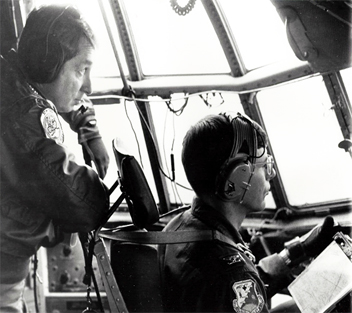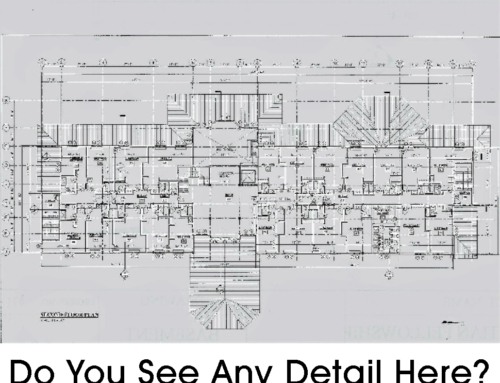“Watching the Dials and Gauges”
If it wasn’t for . . . leaders would do all the work.
In last week’s Blog, we spoke about the circumstances where the leader must take the helm, lead from the front, suffer the risks and discomforts with the people responsible for the work, and do those crisis critical things that only the leader can do. But one of the things I’ve noticed over the years is that some commanders or CEOs exercise leadership as if the organization is always facing a crisis and the leader continues to maintain tight control over everything. That is a recipe for failure.
One of my fondest memories was having the opportunity to work with a gentleman who I considered one of the finest leaders I’ve known, General Duane Cassidy. General Cassidy is no longer with us, but he became the first Commander in Chief of the U.S. Transportation Command (USTRANSCOM) and Commander of Military Airlift Command (MAC), a predecessor of today’s Air Mobility Command. General Cassidy was a mentor and friend, and he was never tempted to gain control of the “levers and knobs” (in today’s parlance, the apps) unless there was a crisis facing the organization. He enjoyed standing back and just watching the “dials and gauges,” (today’s dashboards and big data) instructing and correcting where necessary. And he had a saying that I have always remembered, “Always thank your friends before you have the need to ask for a favor.” He was a servant leader of the first order. There were a few times where I made some pretty significant mistakes, and he picked me up, dusted me off, and threw me back into the fight.
General Cassidy understood, that if he led his organizations with a limited amount of specificity, subordinates would develop and have more freedom to exercise creativity, and yes, even make mistakes. He would always get the best from his people. I can’t remember a time when USTRANSCOM or MAC didn’t come through during a crisis, and that is because he always gave people the room to exercise their own leadership throughout the organization.
Leaders that take a different approach, that of maintaining tight control over every part of their organization as if there is always a crisis, tend to restrict new ideas and not let people develop and succeed themselves. In fact, under those conditions, subordinates tend to give up and let the leader do all the work, and that is where the leader will eventually fail. No matter how good you think you are, you can never bear all the burdens of an organization.
There is another who has picked me up and dusted me off and has thrown me back into the fight, and He is the ONE. Jesus, who gave His all for me. What else would I expect? I’ve failed Him many times, but He has always forgiven and I always get to know Him better.
The picture above was General Cassidy, Commander of Military Airlift Command, watching the “dials and gauges,” as I then Commander of the 435th Tactical Airlift Wing, Rhein-Main Air Base, Germany led a training formation of C-130 Herky Birds. Don’t you think he would rather be flying? ?





